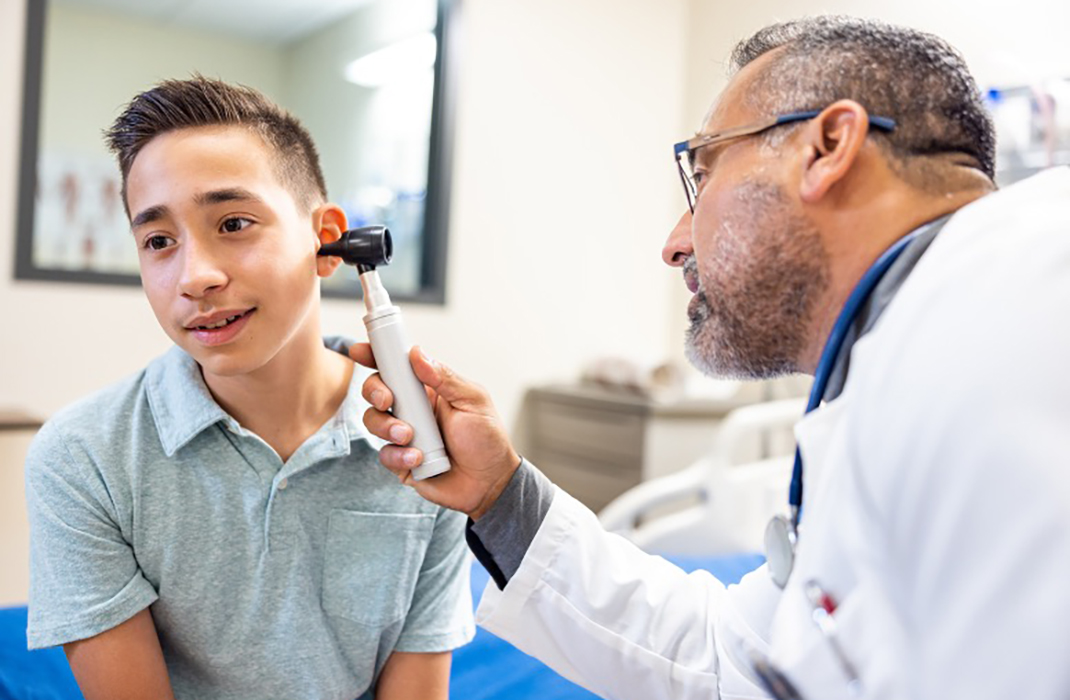-
- Find Care
-
- Visitor Information
- Find a Location
- Shuttles
- Visitor Policies
-
-
-
- Our Virtual Care Options
- Virtual Urgent Care
- Virtual Visits for Primary & Specialty Care
- Online Second Opinions
- Participate in Research
-
- Contact us
-
- For Innovators
- Commercialization Guide for Innovators
-
-
- Research News
- Alzheimer's Disease
- Artificial Intelligence
-
- Overview
-
- Overview
- Getting Started
- New to Mass General Brigham
- International Patient Services
- What Is Patient Gateway?
- Planning Your Visit
- Find a Doctor (opens link in new tab)
- Appointments
- Patient Resources
- Health & Wellness
- Flu, COVID-19, & RSV
- Billing & Insurance
- Financial Assistance
- Medicare and MassHealth ACOs
- Participate in Research
- Educational Resources
- Visitor Information
- Find a Location
- Shuttles
- Visitor Policies
- Find Care
-
- Overview
- Our Virtual Care Options
- Virtual Urgent Care
- Virtual Visits for Primary & Specialty Care
- Online Second Opinions
-
- Overview
- Participate in Research
-
- Overview
- About Innovation
- About
- Team
- News
- For Industry
- Venture Capital and Investments
- World Medical Innovation Forum (opens link in new tab)
- Featured Licensing Opportunities
- For Innovators
- Commercialization Guide for Innovators
- Contact us
-
- Overview
- Information for Researchers
- Compliance Office
- Research Cores
- Clinical Trials
- Advisory Services
- Featured Research
- Two Centuries of Breakthroughs
- Advances in Motion (opens link in new tab)
- Brigham on a Mission (opens link in new tab)
- Gene and Cell Therapy Institute
- Research News
- Alzheimer's Disease
- Artificial Intelligence
-
- Overview
-
- Overview
- Residency & fellowship programs
- Brigham and Women's Hospital
- Massachusetts General Hospital
- Mass Eye and Ear
- Newton-Wellesley Hospital
- Salem Hospital
- Integrated Mass General Brigham Programs
- Centers of Expertise
- Global & Community Health
- Health Policy & Management
- Healthcare Quality & Patient Safey
- Medical Education
- For trainees
- Prospective trainees
- Incoming trainees
- Current trainees
- Continuing Professional Development
Why Urgent Care Is a Good Option for STI Treatment

If you suspect you have a sexually transmitted infection (STI), waiting for treatment isn’t an attractive option.
Delaying care for certain STIs can have serious lifelong consequences — including impaired sexual health, infertility, chronic pain, and neurological damage. If you don’t have a primary care provider (PCP) or no appointments are available, you can go to an urgent care location.
Vania Landers, DO, an emergency medicine doctor at Mass General Brigham Urgent Care, says urgent care can be the perfect option for timely STI treatment.
“Most urgent care centers have availability for walk-in visits for same-day care,” Dr. Landers says. “We take the time to listen to a patient’s concern and make sure they know that they are heard and not dismissed.”
STIs on the rise
The number of some STIs in the United States has exploded. According to the Centers for Disease Control and Prevention’s 2022 STI Surveillance Report:
- Syphilis cases increased nearly 79% between 2018 and 2022.
- Gonorrhea cases jumped 11.1% over that same time frame.
- More than 2.5 million cases of chlamydia, gonorrhea, and syphilis were diagnosed in the United States in 2022, up 2% from 2018.
The situation is even more serious outside the United States. The World Health Organization (WHO) estimates that more than 1 million STIs are acquired every day around the world.
- In 2020, there were an estimated 374 million new infections in people 15 to 49 years old with curable STIs — chlamydia, gonorrhea, syphilis, and trichomoniasis.
- An estimated 8 million adults in that same age range were infected with syphilis as of 2022.
- More than 500 million people 15 to 49 years old were estimated to have the herpes simplex virus.
The urgent care advantage for STI treatment
Beyond the shorter wait time to be seen, urgent care provides other conveniences for those concerned about STIs. Most urgent care centers offer early and late hours, including nights and weekends. They also typically have shorter waiting room times than another common treatment option — the emergency room.
“If you go to an emergency room with concern regarding an STI, you’re going to be seen after the life-threatening emergencies such as cardiac complaints,” Dr. Landers says. “Those cases don’t tend to be seen at urgent cares, so you’ll likely see a provider much quicker.”
Another helpful option is Mass General Brigham Virtual Urgent Care. It’s open to all patients ages 3 and up, even if they haven’t seen a Mass General Brigham provider before. Both new and current patients can schedule a virtual urgent care visit for that day or the next day on Mass General Brigham Patient Gateway.
“Virtual urgent care is a good option for those who know they have been exposed or are experiencing certain symptoms,” Dr. Landers says. “Virtual urgent care is a great place to start for people who feel more comfortable taking an appointment from home.”
But that doesn’t make it a good option for all cases. Dr. Landers says people should come to a physical urgent care location if they have abdominal or pelvic pain, lesions, rash, or fever.
Urgent care — virtual or in-person — is also a good choice for those who believe they have been exposed to an STI but who don’t yet have symptoms. Getting a diagnosis early allows for more prompt communication with the person’s sexual partners and can limit STI spread.
Dr. Landers stresses that all information shared at urgent care centers is strictly confidential and that no one will contact a patient’s sexual partners. Rather, urgent care doctors typically counsel patients who test positive for an STI on the importance of communicating their condition to their partners.
“I make sure they know that it’s extremely important, but that it’s something that’s their choice to do or not do,” Dr. Landers says. “It’s their healthcare information, yes, but it’s equally important for their partners to be treated as it is for them to be treated.”
What to expect at urgent care for STIs
An urgent care visit is similar to a primary care visit. You provide your health history and insurance information, then are seen by a medical assistant who takes your vitals and discusses your concerns. After that, you’re seen by an advanced care provider or physician for an examination.
The provider might order tests that include blood screenings, urinalysis, or swabs. Results for many tests return within one or two days, Dr. Landers says.
Most of the STI cases Dr. Landers sees are treatable with antibiotics. Some, such as herpes, are lifelong conditions but can be controlled with antiviral medications. Urgent care centers also offer follow-up testing to ensure curable STIs have, in fact, been cured.
“There’s tremendous peace of mind for someone to know that the condition has been cured,” Dr. Landers says. “We like to provide that peace of mind.”
Urgent care also includes information about STI prevention — everything from abstinence education to the proper use of condoms and vaccines. Currently, vaccines exist only for HPV and hepatitis A and B. Only a few urgent care centers offer them, Dr. Landers says, so patients should see their primary care providers.
Don’t delay STI care
The most important thing for those who suspect they have an STI is to seek treatment somewhere, Dr. Landers says — whether that’s an urgent care, emergency room, clinic, or primary care physician.
“There’s always some reluctance for people to seek care about some of these types of complaints,” Dr. Landers says. “They might not feel the most comfortable speaking about them, and it’s our job to make them feel comfortable so they can share openly.”
Contributor
Related articles
-

published on
-

published on
-

published on
-

published on
-

published on
-

published on
-

published on
-

published on
-

published on